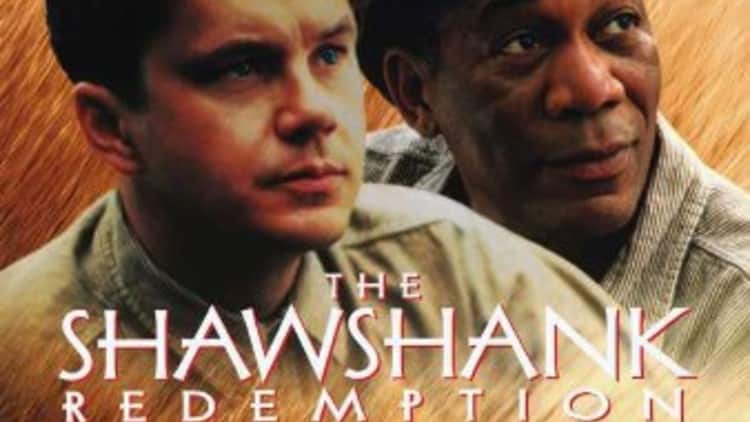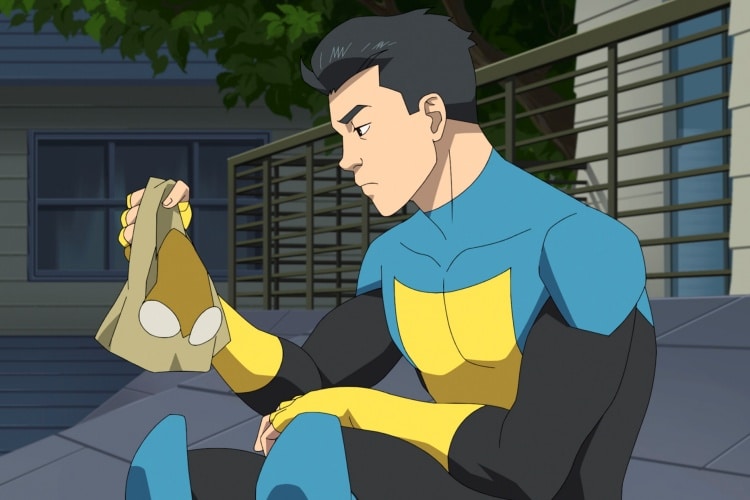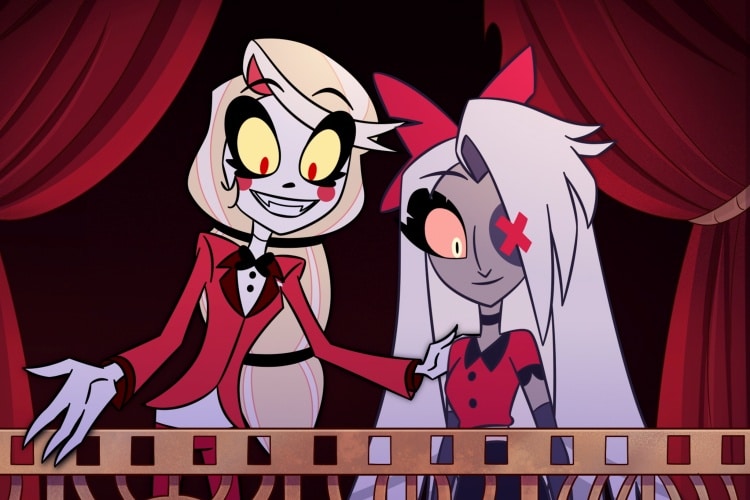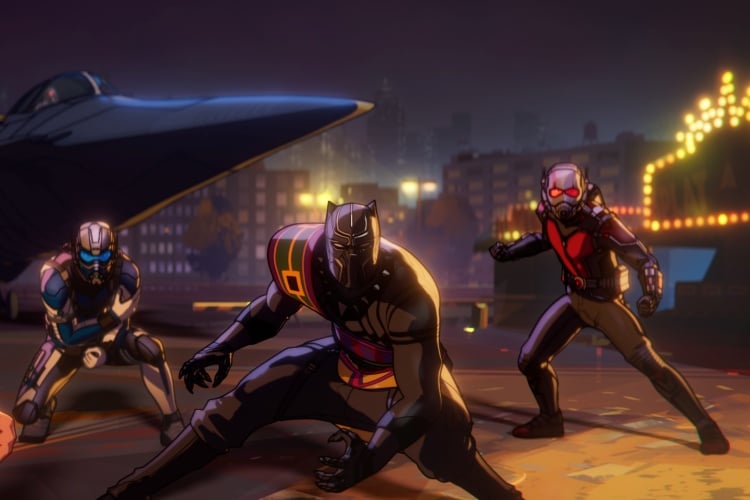“[H]ope is a good thing, maybe the best of things, and no good thing ever dies.”
Main Cast: Tim Robbins and Morgan Freeman
Director: Frank Darabont
Andy Dufresne is serving two consecutive life sentences for the murder of his wife and her lover. Despite his insistence that he’s innocent and all the evidence pointing to him is just a big, unfortunate coincidence, Andy’s lack of emotion during the trial convinces everyone, judge and jury, that he’s a heartless monster. He is sentenced to Shawshank Prison in 1947.
This is the basis of the Frank Darabont (The Green Mile, The Mist) written and directed masterpiece The Shawshank Redemption, based on the novella by Stephen King, “Rita Hayworth and the Shawshank Redemption.” Released in 1994, the film performed pretty poorly at the box office, and then went on to become one of the most successful and beloved cable movies of all time.
Tim Robbins (Jacob’s Ladder) plays Andy, the quiet, mindful prisoner with more brains than brawn, but an affable nature that makes him well-liked among his group of friends. Morgan Freeman (Se7en) is Red, the man who can get anything, and over their 20 years together he and Andy become best friends.
Things momentarily start looking up for Andy who, for two decades has asserted his innocence, when a new inmate comes bearing news that could possibly set Andy free only to have that inmate killed by the crooked warden. That’s the final straw for Andy. Another friend mentions how Andy asked him for a length of rope earlier, and the entire group fears the worst. The next morning at roll call, Andy doesn’t come out of his cell. So the guards go inside to check on him and what they find leaves everyone baffled.
Let’s face it, you don’t need my synopsis. You’ve seen this movie. SEVERAL times. It’s on TV, what, every half hour, on one channel or another? You know the story and you know why Andy doesn’t leave his cell that morning.
So let’s skip talking about the story and talk about the movie. Darabont, man. What a friggin’ director. Here’s a writer/director who knows how to cut to the heart of a story and display it on screen in the most beautiful way, even when setting the story in the gloom of a 1940’s Maine prison.
His camera work is impeccable, his storytelling is clear and flawless, and his choices in hiring his crew is inspired. The cinematography by Roger Deakins (The Big Lebowski) and art direction by Peter Landsdown Smith (Star Trek IV: The Voyage Home) here are incredible. What a visually stunning piece of work this movie is.
And the performances. I’ve always loved Tim Robbins’s work, but I think he hit a new high in The Shawshank Redemption. That could be because I identified so closely with Andy and his dead stare and quiet ways. Robbins gets Andy through his days in prison in the only way he knows how, by retreating into himself and just moving forward. But in the scenes where he has to interact and be a part of the world, a light comes on in Robbins’s eyes and his whole demeanor shifts, very slightly.
Freeman narrates the movie as Red and this was a career changing tactic. His delivery is everything. Talk about inspired choices. When you consider some of the other, more obvious choices, Harrison Ford, Robert Redford, Clint Eastwood, Paul Newman… But Darabont chose of all people, Morgan Freeman, to portray Red, the Irishman. And it worked!
Even the score is amazing, and I almost never notice scores. But Thomas Newman’s (WALL-E) work here was like a hand in a perfectly measured and fitted glove, fleshing out the emotional weight of some already pretty heavy scenes.
Simply put, it’s just a beautiful piece of work all around. I don’t know how you can criticize a movie like this when it seemed to have everything working in its favor to turn it into an American classic so soon after its initial release. But it happened. Whether the stars just aligned perfectly or Frank Darabont is just that damned good at making movies, the result is the same: The Shawshank Redemption is a movie I simply can’t find fault with.
And that’s why it took so long for me to get around to reviewing this movie. One, it’s already so well-known I can’t believe there’s anyone who hasn’t seen it and needs a review and, two, I knew it was just going to turn into a love fest with nothing critical or constructive to say at all.
So, whatever, it’s a great movie, a shocking turn from the standard Stephen King movie adaptations we’ve had so far, and it’s proof, for me, that writers don’t need to use a pseudonym when they change genres: King published this story of hope under his own name and things turned out just fine. Lesson learned.
King on Film
1976-1992 (Carrie to Children of the Corn II: The Final Sacrifice)
The Dark Half (1993)
The Tommy knockers (1993)
Needful Things (1993)
The Stand (1994)

C. Dennis Moore is the author of over 60 published short stories and novellas in the speculative fiction genre. Most recent appearances are in the Dark Highlands 2, What Fears Become, Dead Bait 3 and Dark Highways anthologies. His novels are Revelations, and the Angel Hill stories, The Man in the Window, The Third Floor, and The Flip.






Leave a Reply